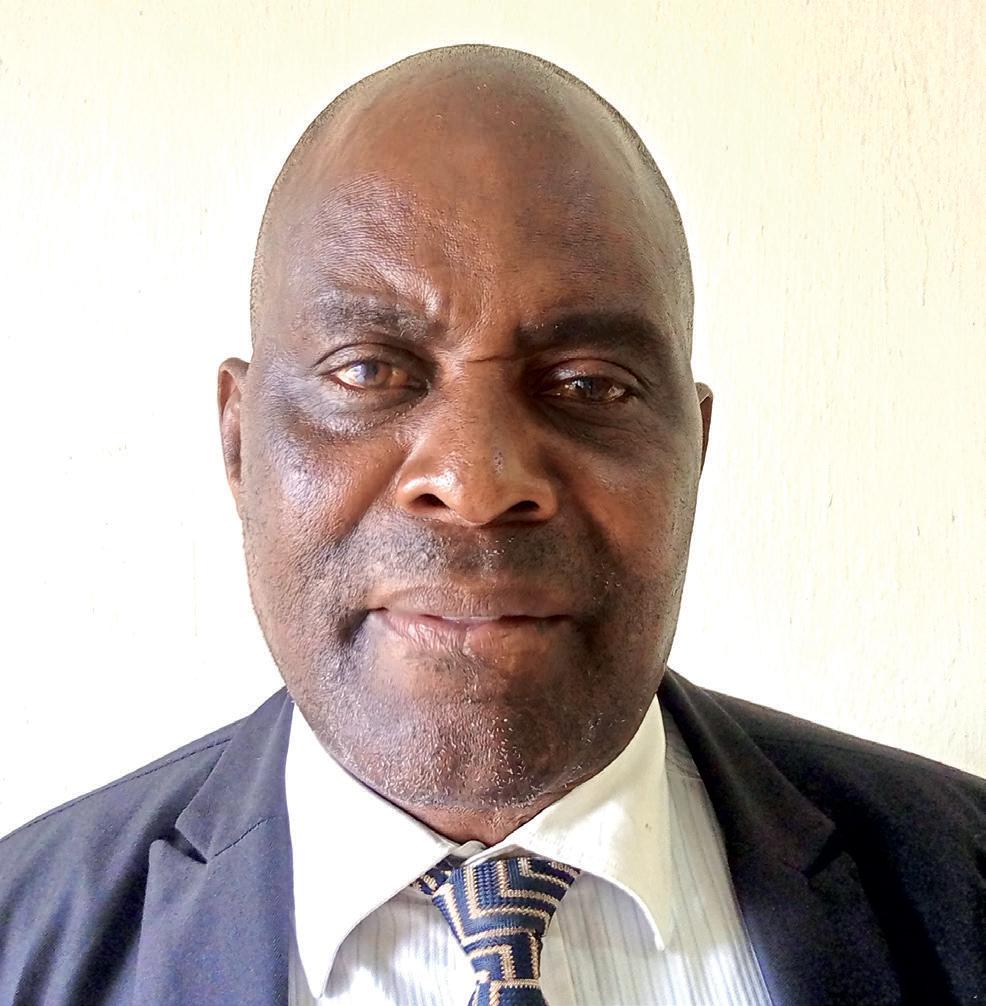Africa-Press – Nigeria. Various groups of people have expressed anger at the government’s failure to meet its obligations on terminal benefits and compensations – with some waiting for as long as 30 years.
For commentators, this institutionalisation of inaction smacks of a government not keen on the welfare of its citizens.
It also speaks of an inherent governance malaise within state structures and public leadership.
On the long list of those waiting include ex-Malawi Young Pioneers (MYP).
Thirty-one years since the paramilitary wing was forcibly disbanded, government has failed to pay over 2,000 former officers their terminal benefits and compensation – with the figure standing at K60.5 billion.
In a relatively recent case, a group of 3,000 families has waited for three years for K9 billion compensation after government displaced then from their land in Area 54 in Lilongwe.
In addition, over 400 ex-Malawi Defence Force officers has been waiting for years for the government to pay their pension arrears amounting to K4.7 billion.
With years passing, some among these groups have gotten old and others have died while waiting for the government to pay them what it owes them.
MSIYADUNGUThat government seems unmoved and not listening on these matters is concerning, according to National Coordinator for the Catholic Commission for Justice and Peace, Lewis Msiyadungu.
“This is a worrisome trend. Currently there’s also a group of people who worked in South Africa (Theba) who have also been claiming payments.
“The delays entail lack of government planning and negotiation skills to ensure that people’s problems are listened to and addressed in timely manner,” he said.
Msiyadungu said when people run out of patience, they resort to demonstrations which often prove costly.
“We experience destructive demonstrations that could be avoided. Government officials should immediately step up and respond to these complaints immediately and openly with tangible solutions,” Msiyadungu said.
For Willy Kambwandira, Executive Director for Centre for Social Accountability and Transparency, this longstanding pattern is a sign of poor governance one the side of government.
“This is more than a bureaucratic issue; it is governance crisis that undermines justice, constitutional rights and accountability,” he said.
Kambwandira said the government’s failure to honour its obligations only encourages impunity and lawlessness.
In some cases, government has gone hard on those with grievances.
When 460 soldiers planned a demonstration two weeks ago to press the government to pay them their pension arrears, the Attorney General’s office obtained a court order that prevented them from staging their protest.
Next week, the people displaced in Area 54 in Lilongwe and the ex-MYP officers have planned vigils – at the Lilongwe District Council offices and Office of the President and Cabinet at Capitol Hill, respectively.
The ex-MYPs have since communicated to relevant offices about their protest.
“The executive committee has tried its best to use relevant channels to secure the terminal benefits but the government side is dragging its feet.
“Therefore, we have no option but to mobilise ourselves and every ex-MYP to camp at the OPC until terminal benefits are paid,” reads their notification letter dated June 16, 2025.
Reflecting on the growing practice where panga wielding hoodlums are being deployed to crush anti-government protests, national deputy coordinator for the group justice system and signals a lack of resolve in combating financial crimes.
“Moreover, the absence of clear regulations and legal frameworks exposes the recovered assets to risks of mismanagement, depreciation, or even re-looting, which further erodes the potential deterrent effect of asset confiscation,” Nyirongo said.
He said that at a time when Malawi is experiencing heightened incidences of financial crimes, making the Confiscation Fund operation is a matter of urgency.
THUYATHUYA—We are tired of waiting“The Fund is not merely a repository for seized assets; it is a strategic tool for restoring integrity to public finances, deterring would-be offenders, and providing restitution to those directly harmed by economic crimes.
“Its timely activation would also enable the government to finance enhanced investigative and prosecutorial capacity, closing the impunity gap that emboldens corrupt actors,” Nyirongo said.
According to Nyirongo, the lack of progress on this front risks Malawi falling short of international anti-money laundering standards, which could have broader consequences for the country’s financial reputation and relationships with global partners.
“I would say, the operationalisation of the Confiscation Fund is both a practical and symbolic necessity. It demonstrates commitment to the rule of law, ensures that crime does not pay, and channels illicitly acquired resources back into the fight against corruption and financial crime. Delays only serve to perpetuate impunity and squander opportunities for justice and economic recovery,” he said.
By early 2024, the Ministry of finance, in collaboration with the Financial Intelligence Authority (FIA), completed a draft of regulations designed to “operationalise” the fund, establishing eligibility criteria, application processes, and oversight mechanisms for disbursements.
Under these rules, once property is forfeited, its net proceeds (after auction or sale) flow into the Fund; agencies such as the Anti- Corruption Bureau (ACB), the FIA, or certified civil society organisations may then apply for earmarked grants, whether to compensate direct victims, finance specialized investigations, or support preventive programs (e.g., community financial-literacy workshops).
For More News And Analysis About Nigeria Follow Africa-Press







